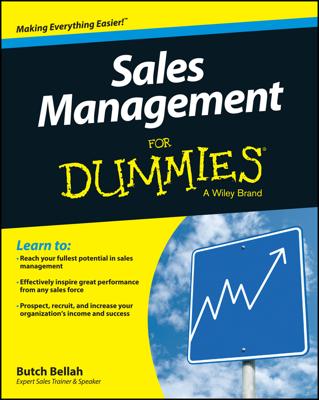The key to having a continually growing direct sales business, even a multimillion one, is promoting leaders and training your team. But when you look at your organization as a whole, the idea of making coaching calls can seem overwhelming. Where will you start? What will you talk about? How will you keep track of what you’ve talked about with each individual rep? Viewed like that, the task seems almost impossible.
But the good news is that it’s very possible to handle your team tasks using the Power Hour for Leaders approach, and one of the simplest ways is to look at your team as groups of reps, rather than as one big group.
Try dividing members of your team into four separate groups, and handle your coaching calls for the day according to groups. (For example, only coach New Consultants on Mondays, Business Builders on Tuesdays, and so on.)
New Consultants: This includes those who are new to the business as well as new to your particular company. With this group, you’re helping them master the basics of the business. You’ll introduce and review scripts for parties and appointments, follow-up calls for recruiting and host coaching, and help them set goals for their new businesses. Much of what you’ll be discussing with members of this group is training, with a dash of coaching. Members stay with this group during their first three months (until after their Fast Start program).
Business Builders: This group has been in the business for at least three months, and they’ve proven that they’ve mastered the scripts (opening, demonstration, recruiting, host coaching, and closing). They have completed their Fast Start program and are working on their goals. With this group, you’ll focus on coaching them to earn incentives, such as trips or special awards, and help them hone their skills and develop great habits. Within their specific goals, you’ll coach them with a focus on reaching their recruiting and booking goals. Calls with Business Builders are more about coaching than training, but you can expect to do a little training, too.
Future Leaders: These reps have either begun seriously recruiting or have expressed a desire to do so. This group is getting close to achieving the qualifications to advance to a leadership rank in the company. In other words, they are your potential leaders. Talking to reps in this group, you’ll discuss some of the same things you do with Business Builders, but you’ll also focus on helping them set goals for giving out recruiting packets as well as effectively following up on those packets.
You’ll ask about how many packets they’re giving out, how often they’re following up, and, of course, how many they’re closing. You’ll take notes on who they’ve talked to and ask specific follow-up questions. (“Carol, you told me you gave recruiting packets to Sharon, Karla, and Stephanie last week. What did Sharon say when you followed up with her?”) It’s a good idea to regularly share the industry standard numbers with members of this group: For every ten packets given, one person will become a team member. For every ten team members, one person will become a leader. You will want to continually see where they are and coach them to achieve the qualifications so they can advance in the career plan.
Core Leaders: When you have someone who has mastered the basics of leadership and is either preparing to or actually managing her own team, she becomes one of your Core Leaders. With the reps in this group, you’ll often have to encourage them to remember the reality of “A third of your team is joining, a third is working, and a third is leaving.” This adage means that it’s absolutely critical that she continue to recruit so she can replace that third which is leaving. You will also train leaders how to work with their teams (including their own New Consultants, Business Builders, and Future Leaders).
Ideally, reps should advance to the next category within three months. Some may linger longer and some will soar, especially when a rep has expressed a desire to earn top money. With each person who comes into your group, if your goal is to move them to the next level within 90 days, you have a greater chance of promoting more leaders.

